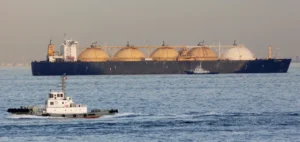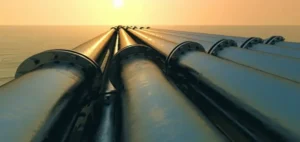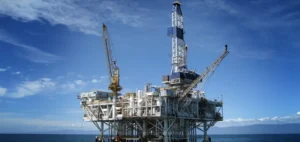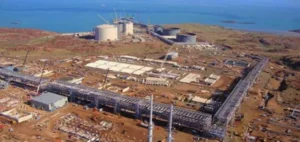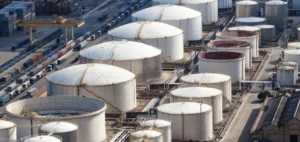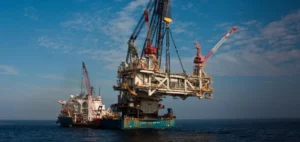In Italy, a floating regasification unit, the Golar Tundra, arrived Sunday evening in the port of Piombino from Singapore. This installation is considered crucial for the country’s energy security and should reduce Italy’s dependence on Russian gas.
A floating regasification unit to strengthen Italy’s energy autonomy
The Golar Tundra, a floating regasification unit, was purchased by the Snam Group in June 2022 for 330 million euros. This facility will be able to re-gas liquefy natural gas (LNG) transported by sea, which will then be injected into the national gas supply network of the peninsula. This floating unit can store 170,000 cubic meters of LNG, which should guarantee 5 billion cubic meters of gas per year. It should be operational from May 2023, said Stefano Venier, the head of the Snam Group.
The Italian government has put in place a strategy to reduce the country’s dependence on Russian gas, signing several new gas supply contracts with countries such as Algeria and Libya. The Minister of Enterprise, Adolfo Urso, said on Radio 24 that “our program to allow Italy to free itself completely by the end of the year from dependence on Russian gas has been met. The port of Piombino, where the floating regasification unit arrived, will be used to supply gas to the highly industrialized north of the country.
Protests from the local population
Despite the energy stakes for Italy, the arrival of the floating regasification unit has sparked protests among the local population. Environmental groups are concerned that the project will slow the country’s transition to renewable energy.
Francesca Marino, a member of the Committee against the regasifier, is concerned about possible accidents, saying that “this ship is dangerous because it is close to homes. Local residents have also expressed concerns about safety risks. However, according to the Italian government, this facility is temporary and will be moved after three years.
A temporary facility to meet Italy’s energy challenges
The president of the Tuscany region, Eugenio Giani, expressed his satisfaction with the arrival of the new floating regasification unit, saying that the amount of liquefied natural gas it will produce (five billion cubic meters) will contribute to the energy self-sufficiency of Italy. According to Snam, the group that owns Golar Tundra, this amount of gas represents about 6.5% of the country’s total gas needs. Last June, the group acquired this facility for 330 million euros from Golar LNG.





